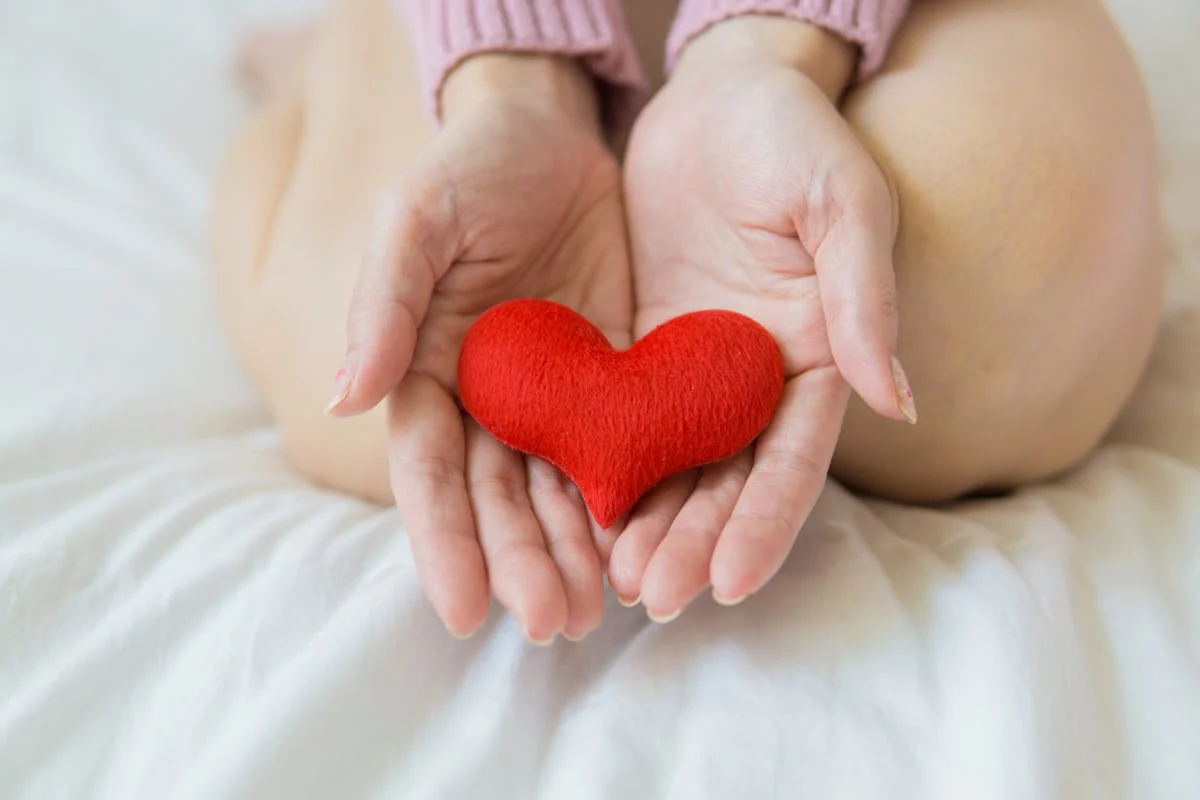Kindness does so good for our mental health
Feb 13, 2025
The Power of Kindness
Just before Valentine's Day, I paused to reflect on how much better the world could be if we thought more about how our actions and words might affect the well-being of the recipient’s mind.
This reflection was sparked by two different stories I heard in one day as an occupational health doctor, both from workplaces where thoughtless words and messages had caused a lot of distress, and most likely also a lack of trust.
There’s also a lot of talking about bullying in social media; behind the anonymity of an online persona, people say cruel things that most likely few if anyone would dare to say face-to-face.
Bullying at school, one form of which is leaving outside of a group, is still an everyday issue, and its consequences for the mental health of a child or young person, whose brain is still in a sensitive stage of development, can be far-reaching.
The demand for getting heard and appreciated

Is it possible for us to try to be more human to another human? And in case you are aiming at saying something bad, what if you turn the thought around or take a look at your mirror or your selfie in the phone and think again: How would it feel if someone said or did that to you? If it would feel bad, you should not say or do that.
If we just do our best to live peacefully side by side, even though we can’t always agree on everything. You can choose to express your opinions constructively rather than aggressively. That makes a whole difference in the feelings of the recipient. I use the opportunity to challenge the entire political landscape in Finland, too. If we genuinely want our country to thrive, it would surely help if parties, regardless of being in the government or opposition, worked together for a common goal—the well-being of Finland. The disputes between government and opposition parties receive a lot of visibility in media and certainly don't serve as a good example of how to handle common matters. And in workplaces, we should take responsibility for our mistakes, without blaming others for those, and show appreciation for good work. And when each of us inevitably makes mistakes, they should be handled privately, in a constructive and respectful manner.
Small streams create big rivers: Your role in supporting people’s well-being is important
Think how easily we could support each others and encourage for good. Reflect on how often you’ve felt good from something that may be small to you, but very important to the recipient: a smile, a kind word, or a small gesture of help. It costs nothing and doesn’t take much of your time, but it can have a huge impact.
Years ago, Gallup conducted a global study on what supports people’s well-being. One of the twelve themes they found important was doing good for others without expecting anything in return. What if, from this Valentine’s Day onward, we tried to be more human to others, treating them the way we would want to be treated? Commenting on social media in a way that you could also say face-to-face? At school, keep company with a classmate who’s eating lunch alone, or at work, how about inviting someone who is usually by themselves to afternoon coffee? Or if you know someone is alone, invite them to a movie or to have a dinner with you? Try it, and you’ll see; it also makes you feel so good.
Small streams create big rivers. You may think your actions don’t have a huge impact, but if we all start making these small changes in our behavior, we will together build a culture where kindness, understanding, and respect for others are present, and where there is a feeling of being safe. The feeling of safety is very important for the well-being of the brain and mind.
You can’t change the whole world, but you can always save someone’s day. A small act of kindness can have a big impact on the people around you.
Let’s take care of each other!

To quote Winnie the Pooh, "A little consideration, a little thought for others, makes all the difference."
Happy Valentine's Day!
With love
Anna-Mari
